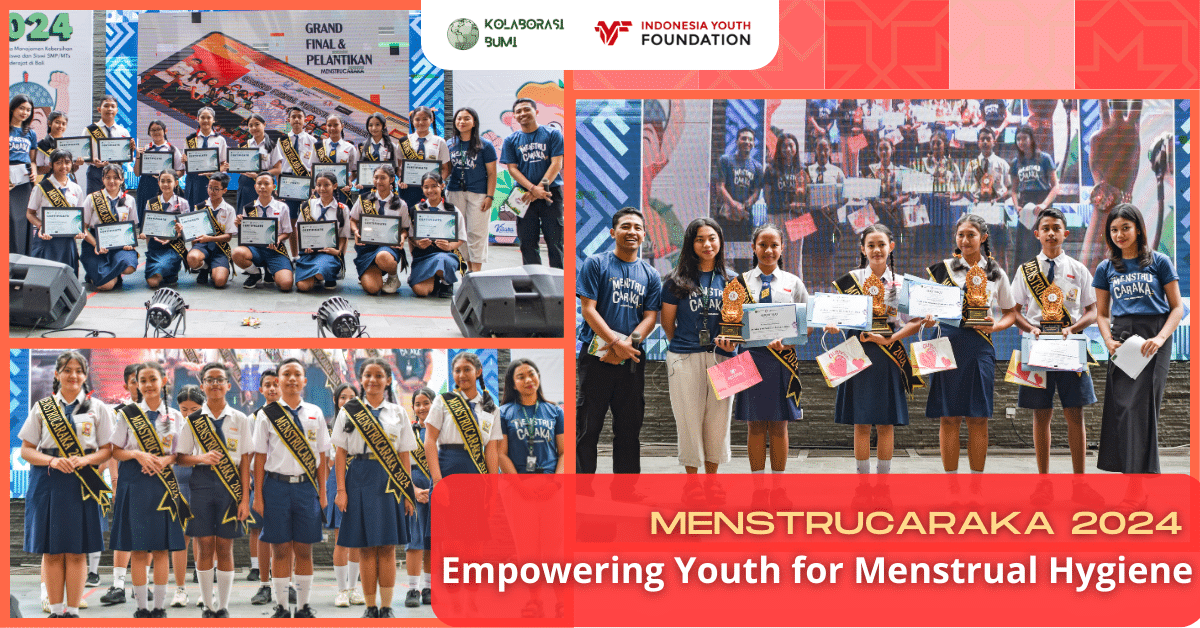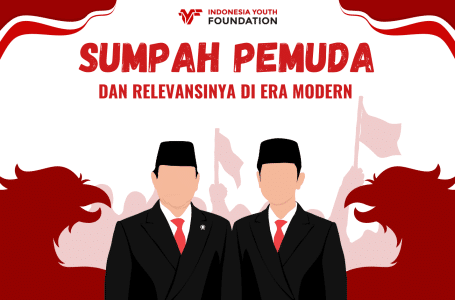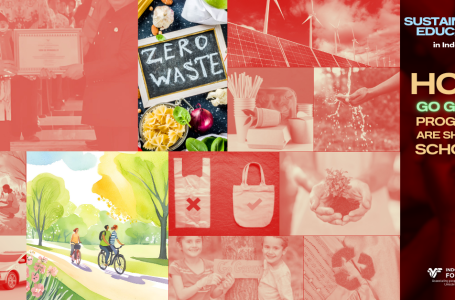AIESEC In Universitas Indonesia Held Global Village Winter 2025
On August 31, 2024, Kolaborasi Bumi Indonesia celebrated the inauguration of Menstrucaraka 2024. Menstrucaraka is a program from Kolaborasi Bumi that promotes menstrual hygiene management (MHM) among teenagers. In its third year, Menstrucaraka selects youth, or ‘caraka,’ to serve as peer educators in their schools, raising awareness about the importance of menstrual hygiene. Menstrucaraka 2024 collaborates with UNICEF Indonesia, further strengthening the mission to educate teenagers about menstrual hygiene.
The Menstrucaraka Program: Breaking Taboos Around Menstruation
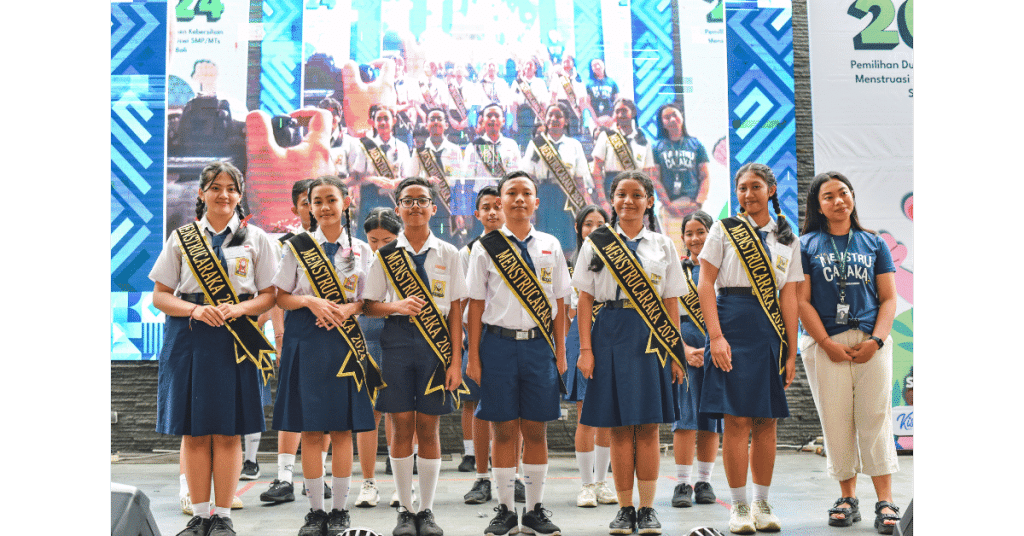
Menstrucaraka aims to tackle the stigma surrounding menstruation in schools and communities by empowering youth. These selected caraka help their peers understand the importance of menstrual hygiene, fostering a more open and informed environment.
Menstrual hygiene is often viewed as a topic primarily relevant to girls. Still, the Menstrucaraka program aims to challenge this perception by emphasizing that menstrual health education is crucial for everyone, regardless of gender. The program actively encourages boys’ participation in supporting and understanding this critical issue.
Menstrucaraka encourages a more inclusive approach to menstrual hygiene education by involving boys and promoting shared responsibility. This year, the program made significant strides in this effort, with four selected finalists being boys. This marks a step forward in breaking down gender barriers and creating a more supportive environment for menstrual health discussions.
Key Stages of Menstrucaraka 2024
- Participant Selection.
The journey began with 24 young participants submitting essays on menstrual hygiene. Based on those essays, the judges selected 18 finalists to proceed to the next stage. - Mentoring Class.
The selected finalists attended mentoring classes and received comprehensive training on menstrual hygiene. This training gave them the knowledge and skills to become effective peer educators. - Follow-up and Support.
Throughout the program, each finalist was paired with a facilitator to assist them in designing and executing their projects. Besides that, The facilitator will ensure successful implementation and community impact. - Student Projects.
The finalists applied the knowledge they had gained through student-led projects designed to raise awareness about menstrual hygiene issues. The finalists then conducted storytelling related to the student-led project they worked on. Their efforts reached over 10,000 people via online campaigns, with in-person educational activities engaging 3,607 students.
Standout Projects and Winners
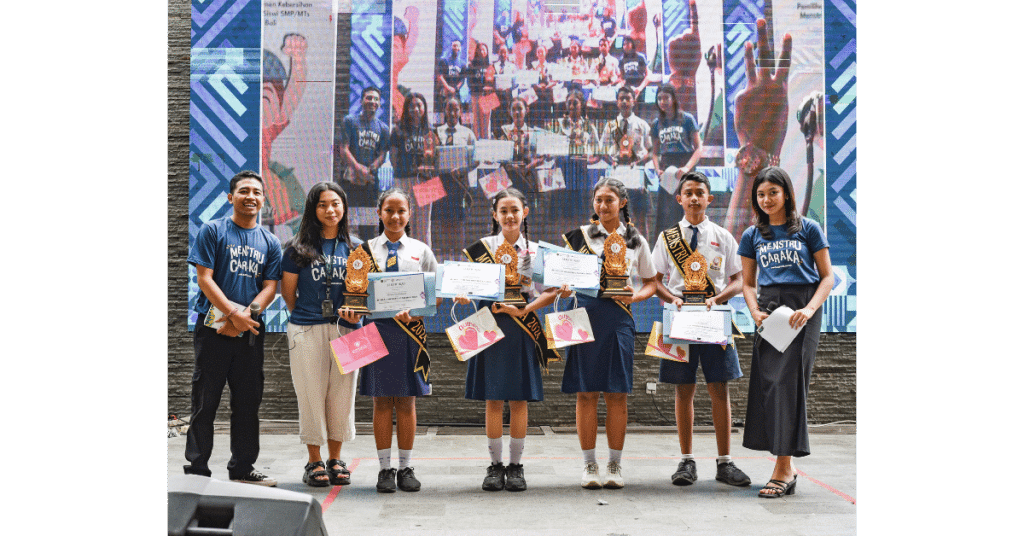
First Place: Ni Putu Nita Pebianti – SMPN 1 Selemadeg Barat
Ni Putu Nita Pebianti won first place with her “PESTA” project (Pameran Edukasi Kebersihan Menstruasi Bagi Kita). This project was an interactive menstrual hygiene education exhibition designed to engage students through visual displays and props related to menstrual health. Nita’s initiative emphasized the importance of menstrual hygiene through educational tools, which were then shared and promoted on social media platforms like Instagram and YouTube through vlogs. Her creative approach educated her peers and reached a wider audience online, significantly boosting awareness about menstrual hygiene.
Second Place: Kadek Nira Stania – SMPN 1 Seririt
Kadek Nira Stania secured second place with her project, which involved group guidance using the STAR method (Select, Train, Act, Reflect). This project focused on addressing menstrual health issues by organizing groups of students to discuss menstruation-related topics. Participants distributed educational materials on selected topics in the first phase, creating practical solutions such as posters tackling specific menstrual hygiene challenges. Nira’s approach promoted collaborative learning and empowered her peers to actively discuss menstruation, breaking down barriers and encouraging open communication in her school.
Third Place: Luh Gede Silviyani – SMPN 3 Selemadeg Timur
Luh Gede Silviyani’s project, “INFO MEMOS” (Informasi Manajemen Kebersihan Menstruasi Melalui Media Sosial Sekolah), earned her third place. Her initiative focused on using social media to spread information about menstrual hygiene management within her school community. Silvi created educational content shared on platforms like Instagram and TikTok, helping to engage students and raise awareness in a format they were familiar with. In addition to her social media efforts, she worked with school administrators to improve sanitation facilities. She provided training for staff on menstrual hygiene management, ensuring long-term benefits for her school.
Best Student-led Project: I Gede Suputra – SMPN 3 Payangan
I Gede Suputra from SMPN 3 Payangan received an award for his innovative project Menstrual Hygiene Management (MHM). He led an exciting discussion about menstrual hygiene and created a Google site to spread crucial MHM information. Gede and his team designed a particular trash bin using local materials to dispose of sanitary napkins. Additionally, motivated by the need for accessible hygienic products at school, he introduced the concept of an honesty canteen. This canteen provides hygienic napkins to students discreetly and respectfully.
The Impact of Menstrucaraka 2024
The impact of Menstrucaraka 2024 has been remarkable, with thousands of students benefiting from both in-person and online initiatives. This year’s participants have demonstrated innovative approaches to educating their peers, breaking taboos, and fostering a culture of menstrual health awareness.
As Kolaborasi Bumi Indonesia continues to support these youth, Menstrucaraka remains a vital program for promoting gender-inclusive health education and ensuring that every student understands the importance of menstrual hygiene.
By empowering the youth to educate their peers, Menstrucaraka is shaping a generation that is better informed, more compassionate, and committed to breaking the stigma around menstruation.
